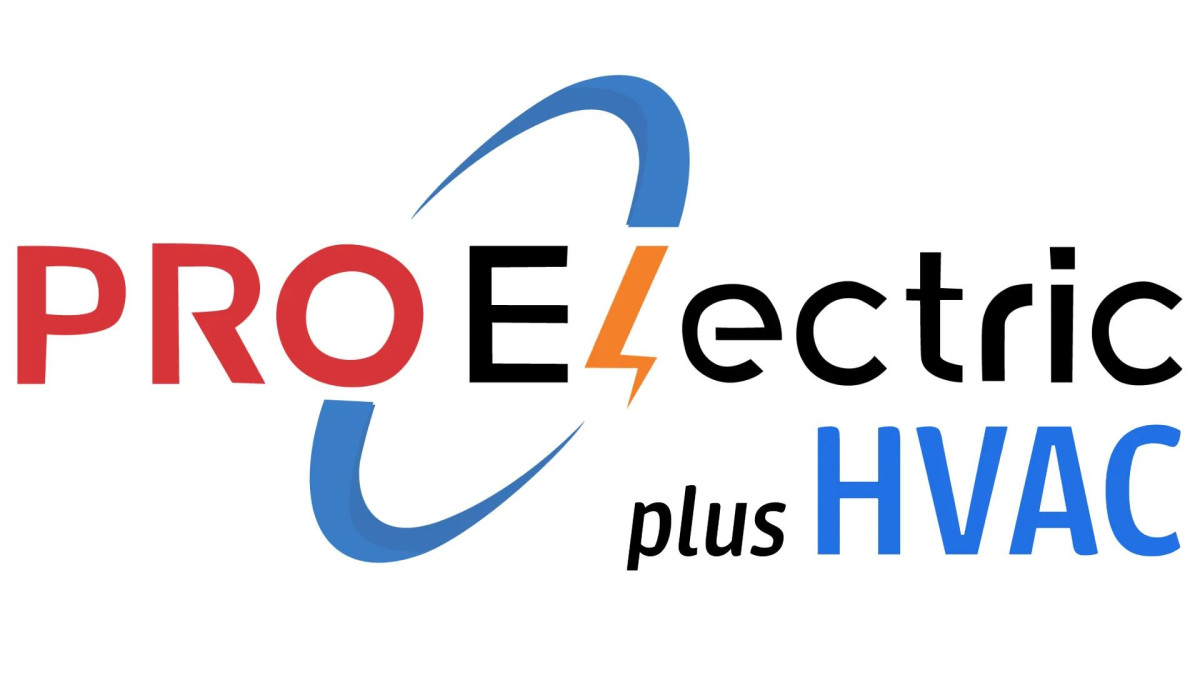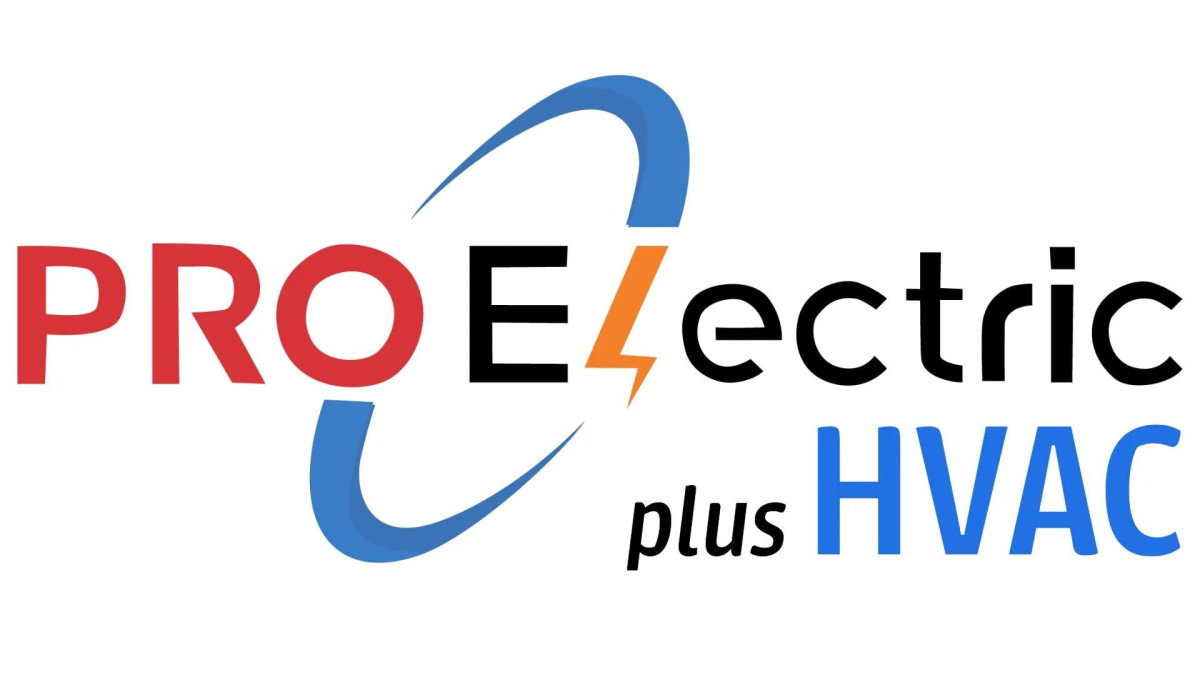By: Press Services
March 24, 2025
Old Panels and EV Charger Installation: A Risky Combination
Why Upgrading Old Electrical Panels is Key for EV Charging
Falls Church, United States - March 24, 2025 / PRO Electric plus HVAC /
As electric vehicles (EVs) become more widely accepted, the demand for dependable and efficient charging solutions has never been more crucial. However, numerous homeowners face challenges when it comes to the installation of EV chargers, primarily due to outdated electrical panels. These older panels often struggle to meet the energy demands of contemporary technology, which can lead to potential dangers, including circuit breaker problems. Upgrading old electrical panels is not merely an issue of convenience; it is vital for guaranteeing safe and effective EV charger installations.
In the planning stages of an EV charger installation, evaluating the current electrical panel should be a fundamental step. A significant number of residences still depend on antiquated panels that were not designed for the electrical loads we see today. This can result in various complications during the installation process. The fact is that older systems may lack the capability to support the heightened power requirements inherent in EV chargers, putting both the vehicle and the home’s electrical safety in jeopardy.
Homeowners often discover that their existing electrical panels are insufficiently equipped to handle the charging systems essential for their EVs. This inadequacy can present itself in numerous forms, including the frequent tripping of circuit breakers or, more alarmingly, electrical fires. Such risks may arise simply from the installation of an EV charger, underscoring the immediate necessity for assessing and potentially upgrading outdated panels to meet the current energy needs.
Throughout the installation process, electricians frequently encounter cases where older electrical panels show signs of strain when tasked with managing the additional load of an EV charger. Circuit breaker problems rank among the most common challenges linked to inadequate panels. These issues may range from nuisance tripping—where breakers trip without a tangible safety threat—to severe malfunctions that could cause harm to both the EV and the home's entire electrical system. The financial implications of these concerns can escalate quickly, encompassing repair costs, loss of charging capabilities, and even potential damage to the EV itself.
Furthermore, the situation is made more complex by the shifting standards and regulations governing electrical systems. Contemporary EV charger installations frequently comply with safety and efficiency standards that older electrical panels were not designed to support. It is not uncommon for even a basic EV charger to necessitate a dedicated circuit that can deliver more power than older panels can handle safely. As a result, upgrading becomes essential for safety considerations as well as adherence to regulations intended to protect homeowners and their properties.
Homeowners may frequently ponder: "How can I determine if my electrical panel is outdated or insufficient?" Several indicators can help answer this question. Firstly, if the panel is over 20 years old, it may be prudent to contemplate an upgrade. Secondly, if the panel contains fewer than ten circuit breakers or if the breakers frequently trip during regular use, these are clear signals that the electrical panel may not meet modern energy demands. Additionally, any visible signs of damage, such as burn marks or rust, also suggest that the panel may be struggling to operate safely and efficiently.
For individuals looking to install an EV charger in their homes, conducting an electrical assessment prior to installation is crucial. Consulting a qualified electrician to review the current electrical panel can yield valuable insights into whether an upgrade is necessary. Electricians can also recommend the appropriate type of panel required to meet the demands of the chosen EV charger.
Upgrading to a modern electrical panel provides numerous advantages beyond merely enabling the installation of an EV charger. Newer panels are designed with advanced technology capable of managing greater power loads, which can result in enhanced energy efficiency throughout the home. Additionally, modern panels typically incorporate updated safety features, providing improved protection against electrical hazards. This may include options for GFCI (ground fault circuit interrupter) and AFCI (arc fault circuit interrupter) protection, which can significantly reduce risks associated with electrical faults.
Once the decision to upgrade is made, homeowners can anticipate the process to take a few hours to a full day, depending on the installation's complexity. During this time, the electrician will replace the old panel with a new one, ensuring all connections are secure and the system is adequately grounded. After the installation, a final inspection will be performed to confirm that the panel complies with all relevant safety codes and regulations. With a new panel installed, homeowners can enjoy peace of mind, knowing their home is equipped to handle the energy requirements of both their EV and other appliances.
Investing in the upgrade of the electrical panel not only improves the charging experience for electric vehicle owners but also adds long-term value to the home. As energy demands continue to evolve alongside technological advances, having a dependable electrical system will become increasingly imperative. For those considering the addition of an EV charger, making the decision to upgrade old electrical panels can help avert circuit breaker problems and guarantee a safe, efficient charging solution.
As the electric vehicle sector continues to grow, homeowners must remain cognizant of the challenges posed by aging electrical systems. Transitioning to EV charging necessitates a comprehensive approach, including the evaluation of existing infrastructure. By recognizing the necessity for upgrading electrical panels before initiating the charger installation process, homeowners set themselves up for success while also safeguarding their property and loved ones.
In summary, outdated electrical panels present significant hurdles when it comes to EV charger installations. Homeowners must proactively assess their electrical systems and implement required upgrades. Only by taking these steps can they fully enjoy the advantages of their electric vehicles while ensuring the safety and efficiency of their home’s electrical infrastructure. The conclusion is clear: upgrading old electrical panels is not merely a choice; it is a critical step for anyone eager to embrace the future of transportation.
Learn more on https://proelectricva.com/services/ev-charger-installation/


Contact Information:
PRO Electric plus HVAC
800 W Broad St #6734
Falls Church, VA 22040
United States
Peter Wang
+1 (703) 225-8222
https://proelectricva.com
This contant was orignally distributed by Press Services. Blockchain Registration, Verification & Enhancement provided by NewsRamp™. The source URL for this press release is Old Panels and EV Charger Installation: A Risky Combination.
